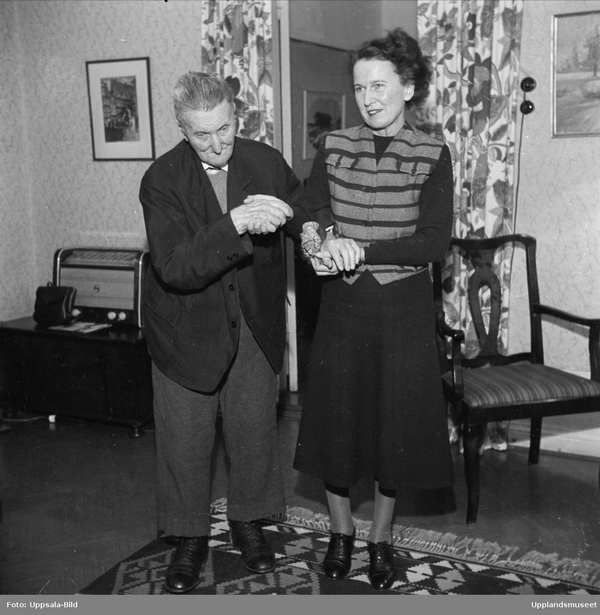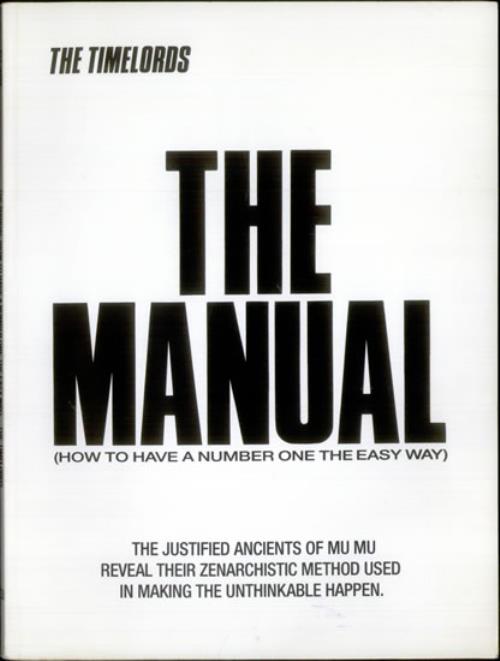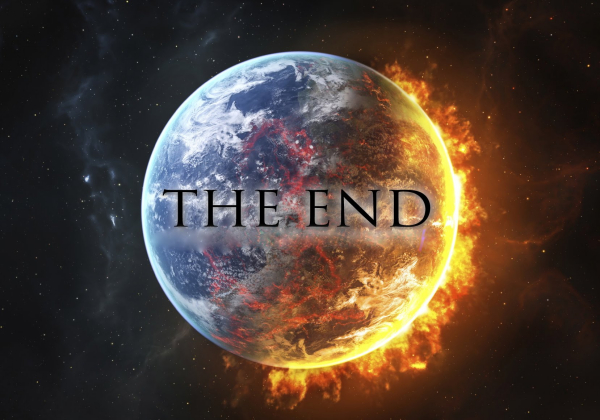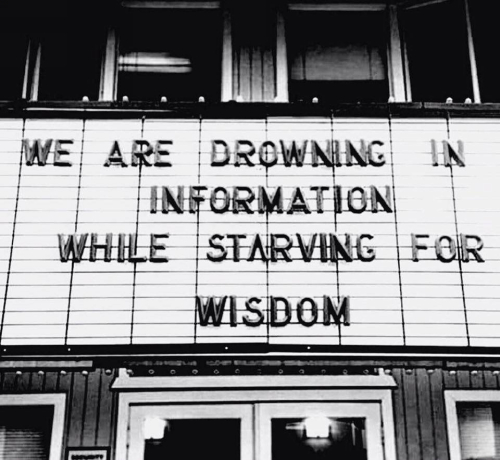I have this recent habit of waking up around the “wolf hour”, four in the morning.
Insomnia and not sleeping well can be very frustrating, especially over time. But at least part of the problem is a thought: “I should be sleeping now”.
Well, I am awake so I rise and write instead. Might take a nap in the afternoon.
So let me use this time well. Let me gather my thoughts, once again as usual, at a less usual hour.
The thoughts on my mind these days (and nights) are very much our modern world: how we communicate, express ourselves, behave, love, what we say and don’t say — and who is listening.
“Talking to the wall” is a classic expression for being alone but still having thoughts on your mind that you want to formulate, express, whisper or shout.
Who would have thought that a blog is a kind of wall nowadays? A different wall, of course. The neighbors are different. Your physical neighbors are probably not hearing your “wall-talk”; on the other hand strangers from the other side of the planet might. Or nobody might, that is yet another soundproof possibility.
Strange changes, these.
However, loneliness remains, I think that hasn’t changed much. People still feel isolated, forgotten, unheard and worthless. Blogging, Facebooking or Twittering, I believe, are no real solutions to this, though if you are born into the SOC-MED-system (social media), and even if you aren’t, you might think that they are. I ascribe this belief to the different STROKE-phases that Eric Berne has written about in Games people play.
As far as I remember in my dozing state he says that infants get (we hope) hugs and stroking. This is essential for human life; children wilt if they are not held and hugged.
As we grow older we get less and less of this kind of warm physical contact. The need for stroking remains, but we need to find other channels for it. We start to sublimate, even though (I believe) nothing can beat a warm, fuzzy hug, preferably from someone who likes or loves you.
All our SOC-MED — well, not all but much of it, so it seems to me — is a surrogate for hugs. Some of us get real hugs real often, others less often, and then there are those who just aren’t hugged. For them SOC-MED can become a hugging machine.

Another thing has to do with writing. As I am a writer who writes more or less constantly (much more than I publish) it is important to understand the role and function of writing. And the relation of writer to reader.
Once upon a time, not long ago, the result of writing was presented in books (and of course in papers and magazines).
Now there is a very interesting time aspect to writing books. As a rule you need a publisher for books. You send them your manuscript, they accept it, then they print it. This process can take months or years. Contrast this with what happens now.
These words are going to be on the Net in maybe ten minutes. Years, months, minutes, that’s an enormous acceleration.
This also changes the question of audience. Who read a book formerly? Well, all kinds of people. But as a rule there was a basic motivation to read a specific book. You either borrowed it in the library or you bought it in a book store.
This is very different from surfing the Net. When you surf the Net and find something to read then that reading matter is surrounded by a lot of things, mainly digital clutter.
We have gotten used to multitasking, which is a way of being more or less present / absent. I think one example is enough to explain the difference between then and now:
Imagine that you have this new book in your lap. You just bought it and you look forward to reading it. You open it and it rings. What? A ringtone is heard. Where does that come from…?
You continue to turn the pages, and now it rings again. “You have mail” a voice says. You turn another page. “CLICK HERE to win a free iPhone!” is written all over the page. What the hell! I am trying to read a book.
You turn the page and the book finally begins. After four pages it starts again. “Adam liked your post” it says. What post? I am reading, damn it, not writing on Facebook. Oh but you ARE! This is not just a book, you see, this is your mailbox and Facebook and all the SOC-MED you are involved in.
Enough. I think you (whoever and wherever you are) get the picture. Besides, I am tired of this. I will watch “Vargtimmen” (The hour of the wolf) by Ingmar Bergman on YouTube and then try to get some sleep again. OAO.



 Another Facebook metaphor points to the avant-gardist John Cage. In his classical book “Silence” he wrote “I have nothing to say and I am saying it.”
Another Facebook metaphor points to the avant-gardist John Cage. In his classical book “Silence” he wrote “I have nothing to say and I am saying it.”


 Han är 101 år gammal. Så det är inte så konstigt att man behöver lite stöd då, varför inte av en vacker kvinna?
Han är 101 år gammal. Så det är inte så konstigt att man behöver lite stöd då, varför inte av en vacker kvinna?



 Even when we humans seemingly criticize ourselves we flatter ourselves.
Even when we humans seemingly criticize ourselves we flatter ourselves.
